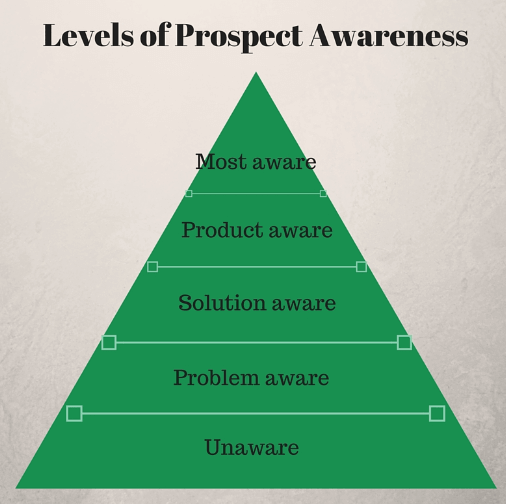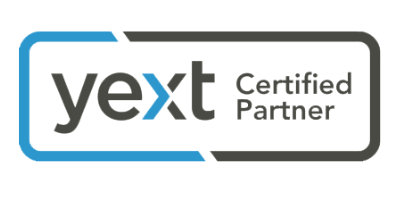Content marketing is the most important piece of your practice’s SEO. Without it, your website stays stagnant, you create fewer opportunities for backlinks, and you miss out on more organic traffic, traffic that may not have found you otherwise.
When we think content marketing we focus on blogs because they are the primary mechanism for adding new copy to the website. While your procedure pages give an overview of that service, blogs should focus on more specific components of a given procedure.
It makes little sense to write a blog that simply regurgitates what your procedure states; there’s nothing new and no additional value-added to help “earn” organic search rankings.
Common questions or concerns, comparisons to other procedures, and patient stories all make for strong blog topics. These topics tend to generate specific titles that target long-tail keywords.
Long-tail keywords are lengthier and more specific words and phrases that tend to mirror what a prospect is searching for. The more specific the query the further along the prospect is in the awareness and buying cycle. This would imply that traffic from specific blogs is more valuable than traffic from procedure pages, and there’s evidence to back that up.
Overview of the Prospect Awareness Funnel
Every practice has a target market. You need to know in great detail what your target market dislikes, desires, how they communicate, and how they think.
Before you can generate a new patient you have to think like a prospect. These potential new patients may not only not know you right now but they very well might not even know they need your services.

A prospect who is unaware they have a problem or a concern is very unlikely to do business with you! They don’t even know they have a problem!
A prospect who has determined that they have an issue, researched what the issue is, and explored solutions has now likely moved from unaware to problem-aware and onto at least solution-aware.
How a Prospect’s Awareness Impacts their Seach Queries
Put yourself in the prospect’s shoes. You’ve just “discovered” that you have an issue or concern. This could have been triggered by a friend or even your child’s innocent comments (“mommy has a belly”)! Or, it may be something you notice in a photo or on social media.

No matter the trigger, you’re not ready to buy, you just want to know more about your concern and if you can alleviate it (with minimal cost, pain, or downtime).
A problem-aware prospect might be searching for:
- treatment for bags under eyes
- why do my eyes look tired all the time?
- get rid of puffy eyelids
Even as you start to educate yourself you’re still not ready to buy. However, you’re now in the research phase and becoming solution-aware.

Once the prospect is solution-aware they are much more likely to ask specific buying questions about this procedure. This is absolutely critical to understand because you now have the ability to get in front of and feed these qualified prospects the clarity and answers they’re looking for, all while nudging them toward you!
Here are some example “buying” search queries:
- how much does breast augmentation cost?
- what is the recovery time for a facelift?
- are there any side effects for botox injections?
- can insurance cover an eyelid lift?
These are just a few questions a serious solution-aware or even product-aware prospect would ask. It’s now pretty obvious which prospect is closer to making a buying decision and which is more valuable.
The Traffic and Leads from a Blog Can Outperform a Top-Ranking Procedure Page
While I would never suggest that aiming to rank #1 for “Botox” or “CoolSculpting” or “facelift” is of no value, I would caution against any practice narrowly focusing on any small set of keywords.
The reason is that you can generate FAR MORE qualified leads ranking #1 (or even #2 or in the top 5) for long-tail keywords because these are buying keywords.
We have numerous examples of clients whose procedure page ranks #1 for their main keyword, such as “rhinoplasty Raleigh,” but the long-tail blog for that same keyword generates more traffic, more total leads, and most importantly, more qualified leads! This means more consultations and more revenue in your pocket!
The majority of our clients are generating well over 50% of their traffic and web leads from blog traffic alone!
Sometimes you’ll even rank outside of your metro! Is that a problem? Of course not because after all, you want to be that practice that can drive out-of-towners to you because you’re the expert!
Don’t Leave Money on the Table by Avoiding Certain Long-Tail Keywords
Simply put, if you are not leveraging your blog to produce engaging, thorough long-tail blog articles that answer buying-related questions from prospects you are leaving big money on the table.
Do not avoid blogs about cost, recovery, side effects or even risks. Prospects are looking for answers to these questions and this is a golden opportunity to get in front of them and highlight why your practice is the ideal fit for them.
It’s not about ranking #1 a small group of competitive, general keywords. That’s just an outdated mindset since rankings are not a KPI (Key Performance Indicator)! It’s about driving targeted BUYERS to your website to convert them into qualified leads, and your blog is the best tool to help you accomplish this.
Take the Next Step and Get Started with Long-Tail Keywords Today
If you’d like specific examples or case studies about the above claims, or if you’d like to learn more about how you can start getting results from your blogging and SEO then talk to TRBO today. To learn more, drop us a line here or call us directly at 877-673-7096 x2.








